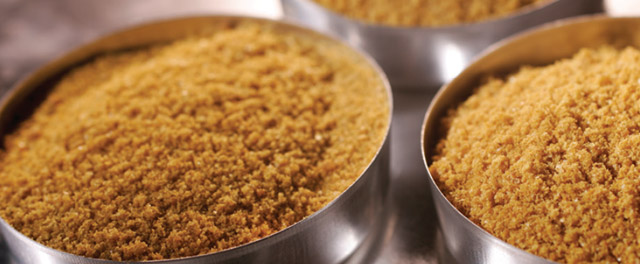The UK P&I Club says that it has received a number of claims concerning damaged grain cargos due to cargo sweat and provides advice on the benefits of ventilation. Cargo sweat can be caused primarily by either cargo heating up or from a vessel transiting from a warmer to cooler environment.
“If there is a temperature differential between the outside of the stow and the inside, moisture migration will result. Such moisture migration will also occur when one part of the bulk heats up for any particular reason, such as insect infestation, microbiological activity or proximity to a hot bulkhead. In all these circumstances, moisture will migrate from the warmer region to colder parts of the stow.” explains George Devereese of the Loss Prevention Department at UK P&I Club
Grain loaded warm and subjected to peripheral cooling will result in the primary moisture movement being in a vertical direction, so more water will pass towards the top of the cargo than towards the sides. If it is not possible to remove the water migrating to the top region of the cargo by ventilation, more damage may be anticipated in the top layers than at the sides.
To counteract both these forms of cargo sweat, ventilation is the easiest remedy. For vessels fitted with natural or mechanical ventilation, the moist air may be continuously removed from the headspace above the cargo to reduce or eliminate condensation occurring on the deckhead.
“However, it must be remembered that the air used for ventilation is at the same temperature as, or below, the temperature of the deckhead and hatch covers. If the ventilating air is cool, the immediate effect will be to take up moisture vapour in the surface layers of the cargo, because of the vapour pressure. At the same time, the surface of the cargo will be cooled, both directly by contact with the cooler ventilating air and as a result of evaporation of moisture. Surface ventilation is also useful in cooling cargo that is heating, minimising the increase in temperature that might cause further deterioration.” Mr Devereese concludes.































































